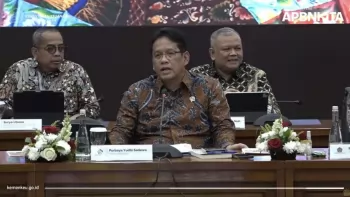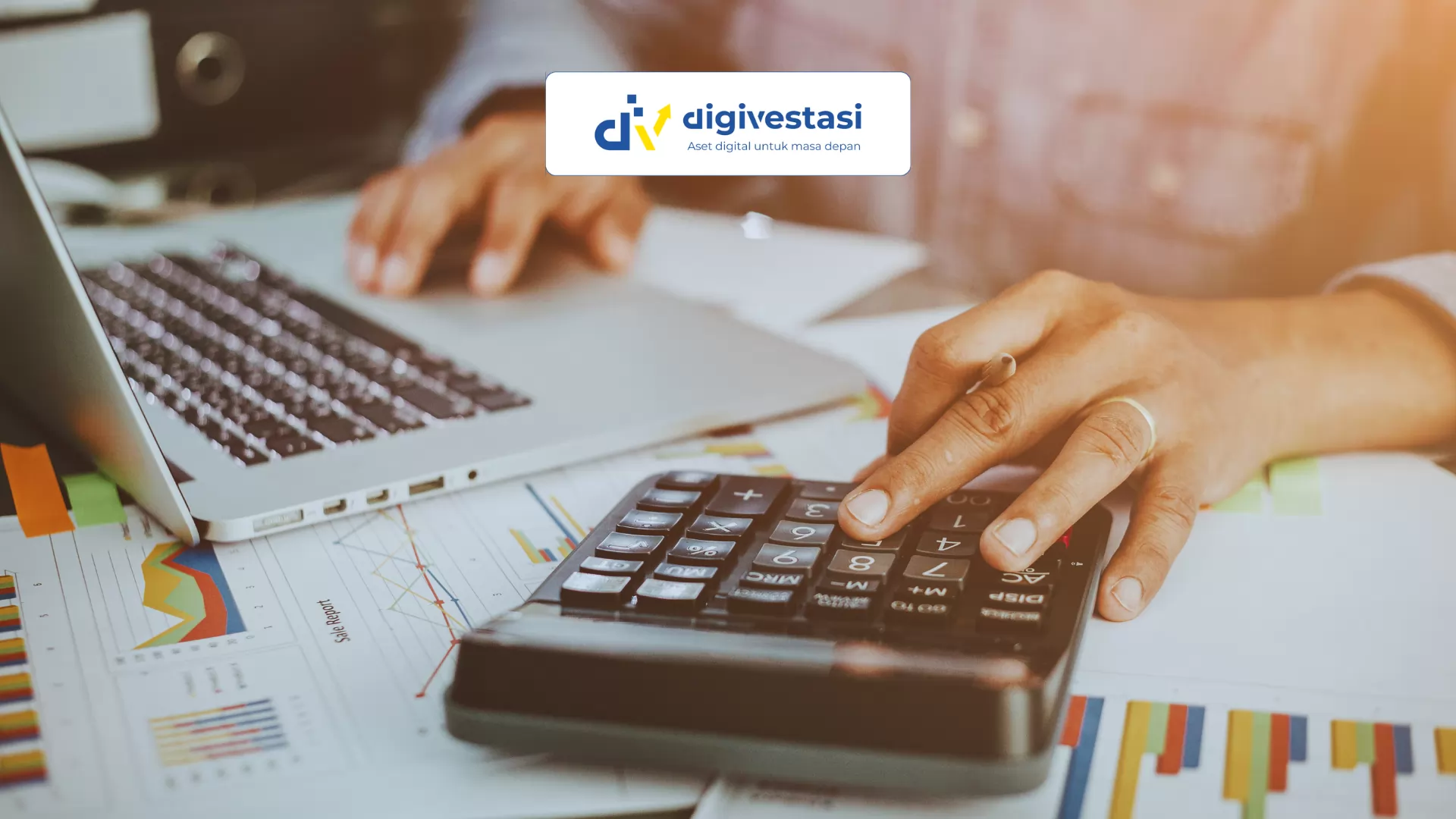
News Update
Purbaya Gives Ministries 16-Day Deadline to Finalize Budget
/index.php
Edukasi - Posted on 06 March 2025 Reading time 5 minutes

Ramadan is a blessed month, but for boarding house residents, it can also be a challenge in managing expenses. With increased needs for pre-dawn meals (sahur), breaking fast (iftar), and other necessities, living costs can rise if not well-managed. To save money without sacrificing essential needs, here are some strategies that can be applied to reduce expenses during Ramadan 2025.
Budget planning is an essential first step to keep expenses under control. Some key components to consider in the budget include:
By setting a clear budget, spending can be more controlled, preventing unnecessary waste.
Buying food from outside daily can be costly, making home-cooked meals a more economical option. Some money-saving cooking tips for boarding house residents include:
Another way to cut costs is by adopting a more economical eating pattern, such as having iftar only once every two days while still having sahur daily. Here is an estimated daily cost breakdown:
With this method, food expenses during Ramadan can be reduced without compromising nutritional needs.
Many mosques and community groups provide free takjil for those observing the fast. Boarding house residents can take advantage of this to lower food expenses, although it is advisable not to rely entirely on free takjil and still allocate funds for nutritious meals.
Ramadan promotions and discounts can often tempt people into buying unnecessary food or items. To avoid excessive spending:
For those who frequently use public transport or ride-hailing services, looking for discounts or promotions can help reduce travel costs. If possible, walking or cycling can be a more economical and healthy alternative.
If finances become tight, taking up a side job such as freelancing, selling products online, or tutoring can be an option to increase income. Additionally, students should seek information on scholarships or financial aid that may be available during Ramadan.
For those living with friends, sharing expenses by pooling money for groceries or cooking together can be a cost-effective solution. Besides reducing financial burdens, this approach also strengthens bonds during Ramadan.
Saving money during Ramadan does not mean sacrificing essential needs. With proper budgeting, cooking at home, utilizing free takjil, avoiding impulsive shopping, and sharing expenses with housemates, boarding house residents can enjoy Ramadan comfortably without financial worries. The strategy of having iftar every two days while maintaining daily sahur can also help cut daily costs. By applying these steps, Ramadan 2025 can be both more economical and spiritually rewarding.
What do you think about this topic? Tell us what you think. Don't forget to follow Digivestasi's Instagram, TikTok, Youtube accounts to keep you updated with the latest information about economics, finance, digital technology and digital asset investment.
DISCLAIMER
All information contained on our website is summarized from reliable sources and published in good faith and for the purpose of providing general information only. Any action taken by readers on information from this site is their own responsibility.